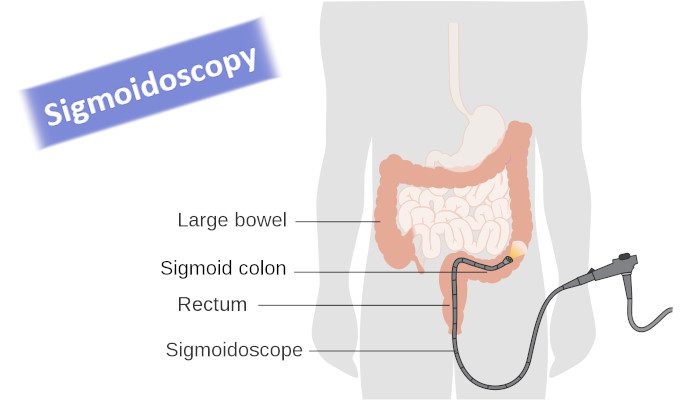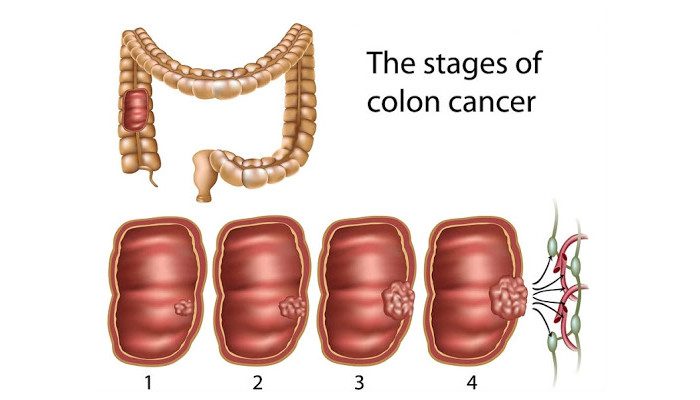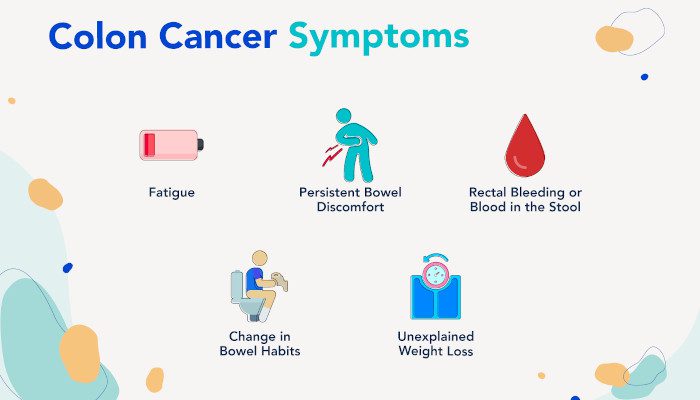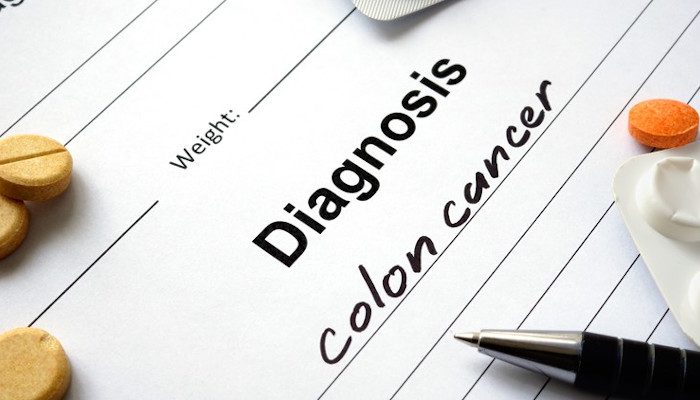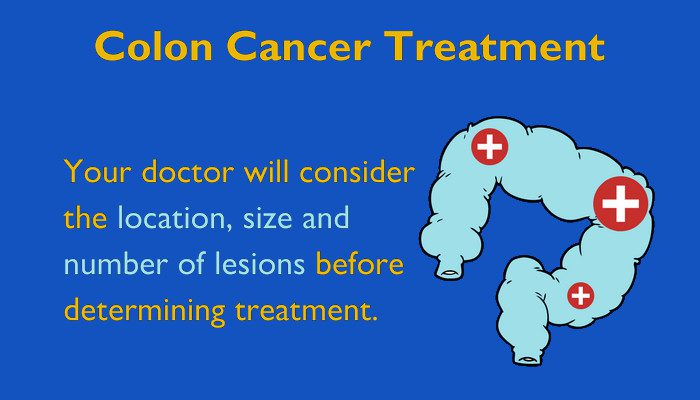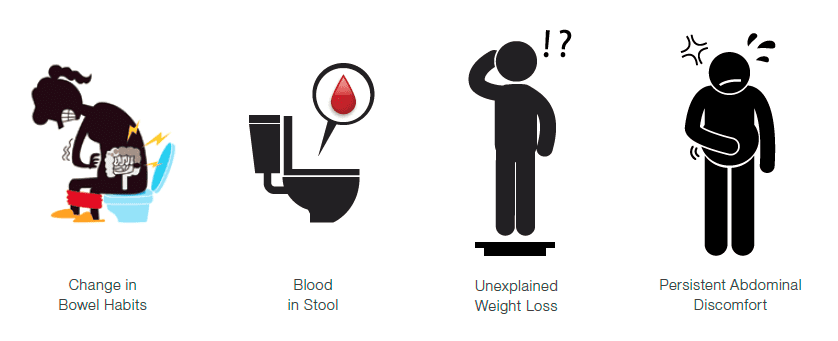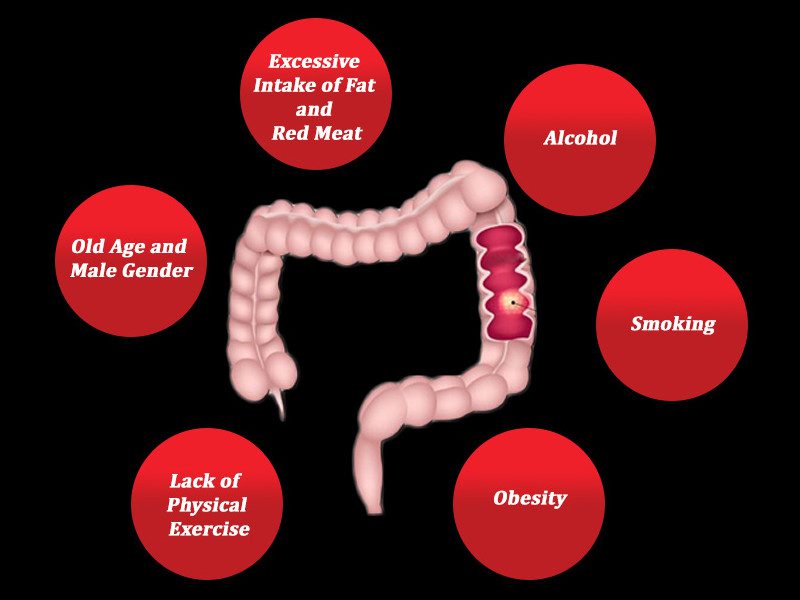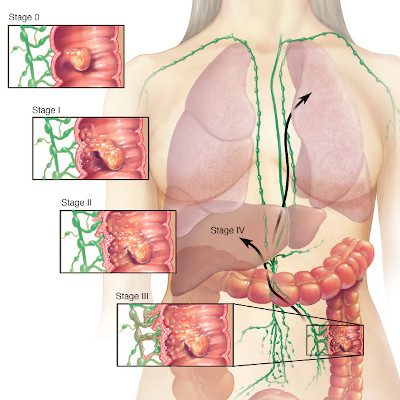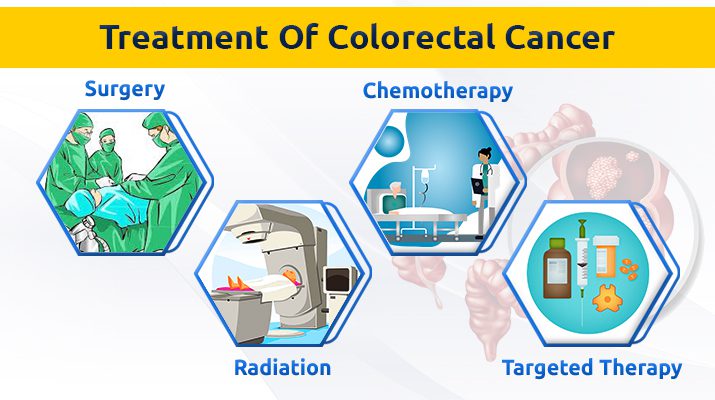Cancer is a leading cause of death worldwide, but research suggests that dietary choices can play a significant role in reducing the risk. While no single food can prevent cancer entirely, adopting a balanced, nutrient-rich diet can strengthen the immune system, reduce inflammation, and create an environment that makes it harder for cancer cells to thrive.
In this blog, we will explore the best foods to include in a cancer prevention diet, dietary habits to avoid, and lifestyle tips that can complement a healthy eating plan. Whether you are a cancer patient, survivor, caregiver, healthcare professional, or simply a health enthusiast, this guide will help you make informed nutritional choices for better health.
How Diet Affects Cancer Risk
A well-balanced diet provides essential nutrients that help the body repair DNA damage, regulate cell growth, and support immune function. Conversely, a diet high in processed foods, unhealthy fats, and refined sugars can increase inflammation and oxidative stress, making it easier for cancer to develop.
Key Factors Influencing Cancer Risk
✔ Inflammation: Chronic inflammation can promote cancer cell growth.
✔ Oxidative Stress: Free radicals damage cells and increase cancer risk.
✔ Obesity: Excess weight is linked to several cancers, including breast, colon, and pancreatic cancer.
✔ Insulin Resistance: High sugar intake can lead to insulin resistance, increasing cancer risk.
By choosing nutrient-dense foods, you can lower these risks and support overall well-being.
Best Foods for Cancer Prevention
Certain foods contain powerful compounds that help fight cancer at the cellular level. Here are some of the most beneficial foods to include in your diet:
- Fruits and Vegetables 🍎🥦
Fruits and vegetables are rich in antioxidants, vitamins, and fiber that help protect against cancer.
🔹 Berries (blueberries, strawberries, blackberries): High in antioxidants like anthocyanin’s that fight free radicals.
🔹 Cruciferous vegetables (broccoli, cauliflower, Brussels sprouts): Contain sulforaphane, which helps detoxify cancer-causing agents.
🔹 Leafy greens (spinach, kale, Swiss chard): Packed with folate and carotenoids that reduce DNA damage.
🔹 Tomatoes: Rich in lycopene, which has been linked to a lower risk of prostate cancer.
- Whole Grains 🌾
Whole grains contain fiber, which helps regulate digestion and remove toxins from the body.
🔹 Brown rice, quinoa, oats, and whole wheat: High in fiber and nutrients that reduce colorectal cancer risk.
🔹 Flaxseeds: Contain lignin’s that have anti-cancer properties.
- Healthy Fats 🥑
Not all fats are bad. Healthy fats can help reduce inflammation and support cell function.
🔹 Olive oil: Rich in monounsaturated fats and antioxidants.
🔹 Nuts and seeds (almonds, walnuts, chia seeds): Provide essential omega-3 fatty acids.
🔹 Fatty fish (salmon, mackerel, sardines): High in omega-3s, which have anti-inflammatory effects.
- Plant-Based Proteins 🌱
Plant-based proteins are healthier alternatives to processed meats, which have been linked to cancer.
🔹 Legumes (lentils, chickpeas, black beans): High in fiber and protein.
🔹 Soy products (tofu, tempeh, edamame): Contain isoflavones, which may help reduce the risk of hormone-related cancers.
- Spices & Herbs 🌿
Many herbs and spices contain powerful compounds that combat inflammation and oxidative stress.
🔹 Turmeric: Contains curcumin, a compound with strong anti-cancer properties.
🔹 Garlic: Rich in sulfur compounds that boost immune defense.
🔹 Ginger: Has anti-inflammatory and antioxidant effects.
- Green Tea & Herbal Teas 🍵
Green tea is rich in catechins, which have been shown to inhibit cancer cell growth.
🔹 Matcha & Green tea: Contains EGCG, a powerful antioxidant.
🔹 Chamomile & Hibiscus tea: May help reduce oxidative stress.
Foods to Avoid for Cancer Prevention
Just as certain foods protect against cancer, others may increase the risk.
❌ Processed Meats (bacon, sausages, deli meats): Contain nitrates and other harmful preservatives. ❌ Refined Sugars & Sugary Beverages: High sugar intake leads to insulin spikes and inflammation. ❌ Fried & Fast Foods: Rich in trans fats and unhealthy oils. ❌ Excessive Alcohol: Increases the risk of liver, breast, and esophageal cancer.
Best Dietary Habits for Cancer Prevention
📌 Eat a Rainbow: Consume a variety of colorful fruits and vegetables daily. 📌 Prioritize Whole Foods: Choose minimally processed, nutrient-rich foods. 📌 Control Portions: Maintain a healthy weight by managing portion sizes. 📌 Stay Hydrated: Drink plenty of water and herbal teas. 📌 Reduce Red Meat Consumption: Opt for lean proteins like fish and plant-based sources. 📌 Practice Mindful Eating: Avoid emotional eating and processed snacks.
Lifestyle Factors That Complement a Cancer Prevention Diet
In addition to a healthy diet, lifestyle choices can further reduce cancer risk.
✔ Regular Exercise: Aim for at least 30 minutes of physical activity daily. ✔ Quality Sleep: Poor sleep can weaken the immune system and increase inflammation. ✔ Stress Management: Chronic stress can contribute to disease development. ✔ Avoid Smoking & Secondhand Smoke: Tobacco is a major cause of cancer. ✔ Regular Screenings & Checkups: Early detection improves treatment outcomes.
Where to Get the Best Cancer Treatment in Delhi?
If you or a loved one has been diagnosed with cancer, getting the best medical care is essential. Delhi is home to some of the top cancer hospitals with advanced treatment options and experienced oncologists.
🏥 Best Cancer Hospitals in Delhi: ✔ AIIMS Delhi ✔ Oncoplus Cancer Hospital ✔ Rajiv Gandhi Cancer Institute ✔ Fortis Memorial Research Institute ✔ Max Super Specialty Hospital ✔ BLK Super Specialty Hospital
🔹 Why Choose Delhi for Cancer Treatment? ✅ Access to world-class medical professionals. ✅ Advanced immunotherapy, radiation, and surgical treatments. ✅ Affordable options compared to international cancer centers. ✅ Holistic care, including nutrition counseling and support groups.
Final Thoughts: Small Changes, Big Impact
A cancer prevention diet is not about deprivation but about making mindful, sustainable choices that nourish the body and promote long-term health. While food alone cannot eliminate cancer risk, it is a powerful tool in disease prevention and overall well-being.
✅ Key Takeaways: ✔ Eat a diet rich in fruits, vegetables, whole grains, and healthy fats. ✔ Avoid processed foods, sugary beverages, and excessive alcohol. ✔ Maintain a balanced lifestyle with exercise, sleep, and stress management. ✔ Stay informed about the best cancer treatment options in Delhi.
By making small, consistent changes today, you can take control of your health and lower your risk of cancer.
📢 Have questions or tips on a cancer prevention diet? Drop them in the comments below!
#CancerPrevention #HealthyEating #BestCancerTreatmentInDelhi #CancerHospitalDelhi #StayHealthy
Most young folks believe that elderly people only get colorectal cancer, which is also known as colon or rectal cancer. However, recent trends have revealed a significant rise in the proportion of young adults receiving a colon cancer diagnosis. The younger generation has to be more conscious as a result of this transformation. This blog will discuss colorectal cancer information for young adults, including risk factors, symptoms, prevention, and the value of early detection.
Knowledge of Colorectal Cancer:
The colon or the rectum, which are components of the digestive system, is where colorectal cancer develops. On the inner lining of the colon or rectum, it often starts off as tiny growths known as polyps. Regular screening and early discovery are vital because, while not all polyps are malignant, some can develop into cancer over time.
Factors at Risk for Young Adults:
Here, we’ll discuss colorectal or colon cancer risk factors for young adults.
- Family history: Even at a younger age, colorectal cancer risk can rise in families with the disease or in those with specific genetic abnormalities like Lynch syndrome.
- Lifestyle Choices: Poor diet, inactivity, smoking, binge drinking, and obesity are all lifestyle factors that can raise the risk of colorectal cancer.
- Inflammatory Bowel Disease: Crohn’s disease and ulcerative colitis are examples of inflammatory bowel diseases that can increase the risk of developing colorectal cancer.
- Radiation Therapy: You may be more vulnerable if you already have abdominal radiation therapy.
- Type 2 Diabetes: People with type 2 diabetes may be at increased risk, according to specific research.
Read More: Treatment Of Cancer With Radiation Therapy
Common Symptoms:
Early on, colorectal cancer frequently has no symptoms. However, adolescents and young adults need to be alert to the following signs discussed below:
- Bowel Habit Changes: You will feel changes in the faeces’ size, shape, consistency, or persistent diarrhoea and constipation.
- Blood in Stool: Rectal bleeding and blood in the stool are potential warning signs.
- Abdominal Discomfort: Cramps, pain, or an uncomfortable feeling in the abdomen, such as fullness or bloating.
- Unaccounted-for weight loss: Profound loss of weight that occurs quickly.
- Fatigue: Constant tiredness or weakness that is frequently related to anaemia brought on by persistent bleeding.
Read More: The Omicron Variant and People Suffering From Blood Cancer
Prevention:
Make a balanced diet full of fibre-rich fruits, veggies, and whole grains part of your healthy lifestyle choices. Exercise frequently, avoid smoking, and consume alcohol in moderation.
- Screening: Young adults should talk about early screening with their healthcare provider if they have a family history of colorectal cancer or other risk factors.
- Know Your Body: Keep an eye out for any changes in your bowel routine, stool appearance, or discomfort in your abdomen. Inform your doctor as soon as possible of these symptoms.
- Genetic Counseling: Consider genetic counselling and testing if you have a history of colorectal cancer in your family or believe you may be predisposed genetically.
- Stay Up-to-Date: Keep up-to-date with the most recent findings and advice on colorectal cancer screening and prevention.
The significance of early detection when found early, colorectal cancer is very treatable. However, while it is believed that the disease primarily affects older people, young persons are frequently diagnosed with the illness at a later stage. A delayed diagnosis can considerably decrease the likelihood of successful therapy and recovery.
Screening Recommendations:
According to the American Cancer Society, those with an average risk of colorectal cancer should start getting screened regularly at the age of 45. However, individuals with more significant risk factors might need to begin screening sooner.
Here, we’ll discuss typical screening techniques that include:
- Colonoscopy: A procedure that allows for the removal of polyps and the early diagnosis of cancer while inspecting the entire colon and rectum.
- Faecal Immunochemical Test (FIT): An easy test you may perform at home to see if there is any blood in your stool, which could be a sign of colon cancer.
- Flexible Sigmoidoscopy: A procedure that looks at the rectum and lower portion of the colon.
- CT Colonography: A non-invasive procedure that visualises the colon using computed tomography.
In conclusion, young folks are becoming more at risk for colorectal cancer as well, so it is not just a problem for elderly people. A healthy lifestyle, being aware of the risk factors, and recognising frequent symptoms are all crucial in preventing this illness. To increase survival rates, early detection with routine screening is essential. In order to assess their risk and take preventative actions, young adults must prioritise their health, keep informed, and communicate with healthcare specialists. We can lessen the burden of colorectal cancer on the younger generation by increasing awareness and taking appropriate measures. Never forget that you may always take charge of your health and well-being. For that, you can consult with the best cancer hospital in India for routine check-ups or cancer screening. Oncoplus provides the finest cancer treatment in India with the help of advanced technologies. The cost of our treatment is cheaper than other hospitals in India or other countries.
One of the most common types of cancer worldwide is colorectal cancer, sometimes known as colon cancer. Even though the precise reason isn’t always known, there are various risk factors that we can manage. The colon or rectum are common sites. Maintaining your general health requires being proactive in reducing your risk for colorectal cancer. If you or your loved ones also have colorectal cancer and want to consult with the finest doctors, then you should consult with Oncoplus. As our specialists provide the finest colorectal cancer treatment in Delhi, India. So here we’ll look at six practical strategies to lower your risk and safeguard yourself from this potentially fatal illness in this blog.
Six practical strategies to reduce your risk:
- Embrace a Balanced Diet:
Your diet is one of the most essential factors raising your risk of colorectal cancer. You may dramatically lower your risk by eating a diet high in fruits, vegetables, and whole grains and avoiding processed foods, red meat, and saturated fats. These food options can support healthy weight maintenance and encourage regular bowel movements, both of which are essential for preventing colorectal cancer. The vitamins, minerals, and antioxidants found in fruits and vegetables can help shield the cells lining your colon and rectum against deterioration that might cause cancer. Whole grains, beans, and lentils are examples of fibre-rich meals that can help with digestion and reduce constipation, which shortens the time hazardous compounds are in contact with your intestinal walls.
Read More : How Your Dietary Habit Influence Cancer Disease
- Stay Physically Active:
Another crucial component of preventing colorectal cancer is regular physical activity. Maintaining a healthy weight and reducing inflammation in the body, which is connected to the emergence of cancer, are made possible by engaging in moderate to intense exercise for at least 150 minutes every week. Additionally, exercise encourages regular bowel movements and improves immune system performance, which enables your body to identify and get rid of potentially hazardous cells more quickly. It’s essential to incorporate an exercise you enjoy into your routine, whether it’s jogging, swimming, dancing, or even gardening.
Read More: Physical Activity And Cancer Risk
- Maintain a Healthy Weight:
Obesity and being overweight are known risk factors for colorectal cancer. Extra body fat, especially in the abdomen, can lead to hormonal changes and inflammation that raise the risk of developing cancer. Any weight loss, no matter how minor, can significantly reduce your risk. To reach and maintain a healthy weight, make an effort to eat a balanced diet and to exercise frequently. A certified dietician or healthcare expert can offer you individualised advice and support as you embark on your weight loss journey.
- Limit Alcohol and Quit Smoking:
Smoking and alcohol use are both significantly linked to a higher risk of colorectal cancer. It’s recommended to either limit or altogether avoid drinking in order to reduce your risk. If you do decide to drink, limit yourself to modest amounts up to one drink for women and two for men every day. On the other hand, smoking not only increases your chance of colorectal cancer but also contributes significantly too many other cancers and chronic illnesses. One of the most effective actions you can take to improve your general health and prevent cancer is to stop smoking. To help you permanently break the habit, look for assistance and resources.
- Receive regular screenings:
The key to successful treatment and survival for colorectal cancer is early identification. Regular screenings, such as colonoscopies, can find cancer or precancerous polyps when they are still treatable and curable in their early stages. It’s important to discuss your screening choices with your healthcare provider because screening recommendations change depending on your age, family history, and other risk factors. In general, people at average risk should start getting screened around 45 or sooner if they have certain risk factors. As early detection could save your life, don’t put off scheduling a screening.
- Understand your family’s past:
It has been observed that colon cancer tends to run in families. Your risk may be higher if the disease runs in your family. Knowing your family’s medical history and sharing it with your doctor are both very important. They are better equipped to determine your risk and suggest the proper screenings and preventive steps.
In determination, a proactive method to safeguard your health and improve your chances of living a long and cancer-free life is taking measures to reduce your risk for colorectal cancer. You may dramatically lower your risk of contracting this potentially fatal disease by adopting a balanced diet, becoming physically active, maintaining a healthy weight, limiting alcohol use, stopping smoking, receiving routine screenings, and understanding your family history. Remember that early detection and prevention are effective weapons in the fight against colorectal cancer; as such, include these behaviours in your daily routine and urge your loved ones to do the same. The work is worthwhile for your health and well-being.
